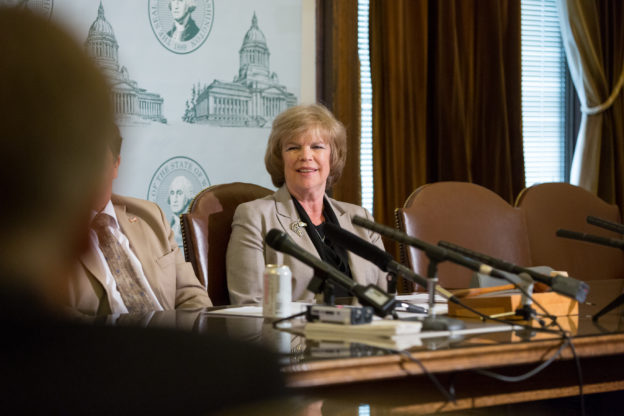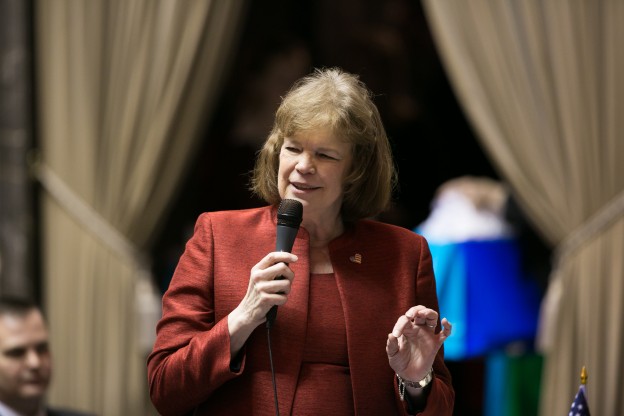 Greetings Friends and Neighbors,
Greetings Friends and Neighbors,
The Legislature is scheduled to adjourn the 2024 session today. With most major policy bills voted on by both the House and Senate, they’ll be finishing the process and heading to the Governor’s Office for final consideration.
On this final day, the Legislature approved an updated, supplemental operating budget and minor changes to the state’s transportation spending plan.
Regarding the operating budget, state spending will increase by just over $2 billion. The Senate’s proposal was much more conservative than the original House proposal, but the majority budget negotiators moved toward a compromise that was ultimately closer to the House’s position in overall spending.
The budget continues strong investments in K-12 education, behavioral health, and health care. Our Senate Republican Caucus principles have been clear that we are focused on rebooting education, restoring public safety, and returning affordability to our state. While spending is at higher levels than I would like, I’m glad that many of those priorities are included, such as funding to combat drug trafficking and hiring more law enforcement and support for victims.
We fought to include more investments in special education and funding parity for school choice. I’m disappointed that our policy to help students with chronic absenteeism was not funded in this budget.
While not perfect, the budget reflects an honest, bipartisan approach. I voted in support of the final operating budget and worked to secure a proviso that reflected legislation I sponsored, Senate Bill 5517. This will help implement the recommendations of the Legislature’s Water Mitigation Task Force and brings together stakeholders to address water rights issues.
My Senate Republican Colleagues and I fought hard to stop new taxes and were successful. As I mentioned in previous newsletters, you will get a say this November on the issue of tax relief when the 3 remaining initiatives to the Legislature are on the ballot.
It is an honor to serve as your state senator.

Sen. Judy Warnick
 Three Initiatives Remain
Three Initiatives Remain
Historic. Over 2 million signatures were collected by citizens to put 6 initiatives to the Legislature. Early on it seemed that the Democratic majority would not budge on these proposals, but with mounting public pressure, 3 of them ended up being approved.
In the final days of the session, the Legislature passed I-2081, which supports parental rights in education, I-2111, which bans an income tax in Washington State, and I-2113, which restores law enforcement’s ability to pursue suspected criminals.
Click here for more information on the remaining initiatives that you’ll have an opportunity to vote on in this November’s general election.
 Legislature approves my bill expanding public-private partnerships on state-managed lands
Legislature approves my bill expanding public-private partnerships on state-managed lands
Senate Bill 5785 would allow the state Department of Fish and Wildlife to enter into longer-term agreements with charitable organizations to help maintain and protect the over 1 million acres it manages.
Stewardship of our state’s forests and natural resources is a shared responsibility and a pretty big task. My legislation harnesses the passion of volunteers to help preserve those resources for future generations.
 Investing in our community
Investing in our community
In the final week of the 2024 legislative session, the Legislature adopted the state’s 2024 supplemental capital budget, which makes critical community infrastructure investments around the state. Funding things like parks, community centers, libraries, and school construction, My House seatmates and I worked to secure over $26 million in this year’s allocation for our three-county district.
Major themes from the state’s investment focus on directing resources for school construction, boosting behavioral health facilities, and addressing the state’s affordable housing challenges.
This year’s proposal I think reflects the needs of the people in our district and around the state. We know that our school buildings need ever-increasing maintenance, facilities to treat struggling Washingtonians are desperately needed and so are affordable housing options. This budget makes targeted investments with the limited resources we have.











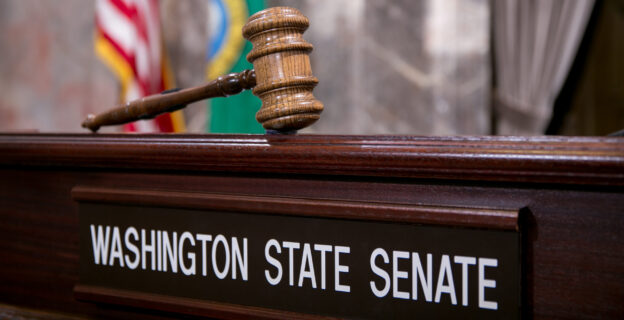
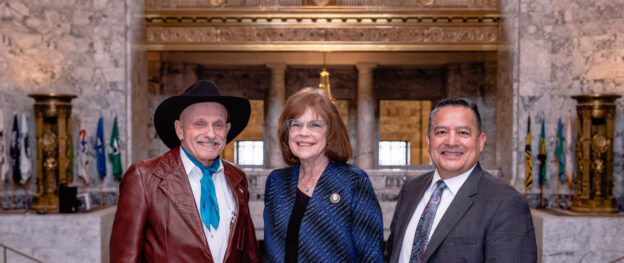
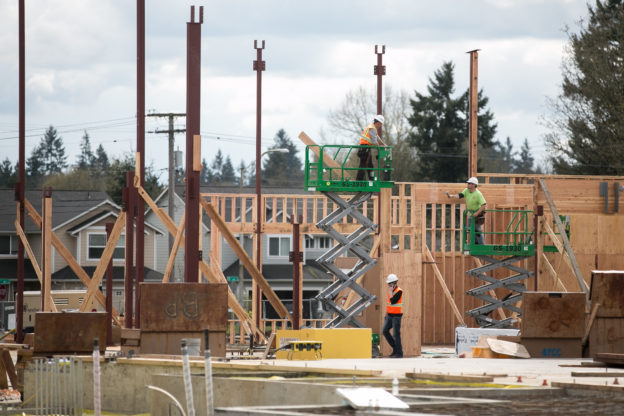



 Investing in our community
Investing in our community



